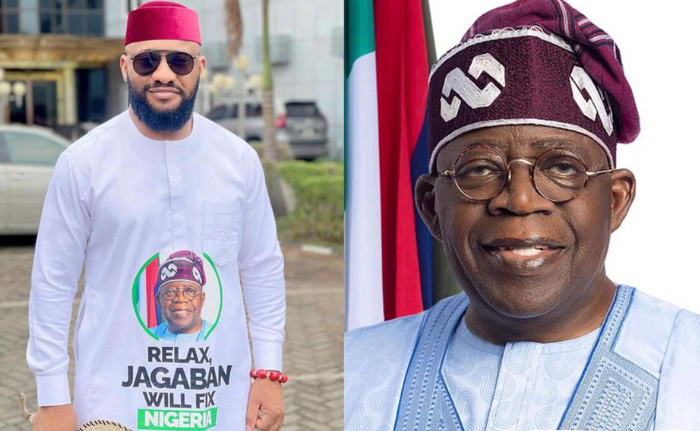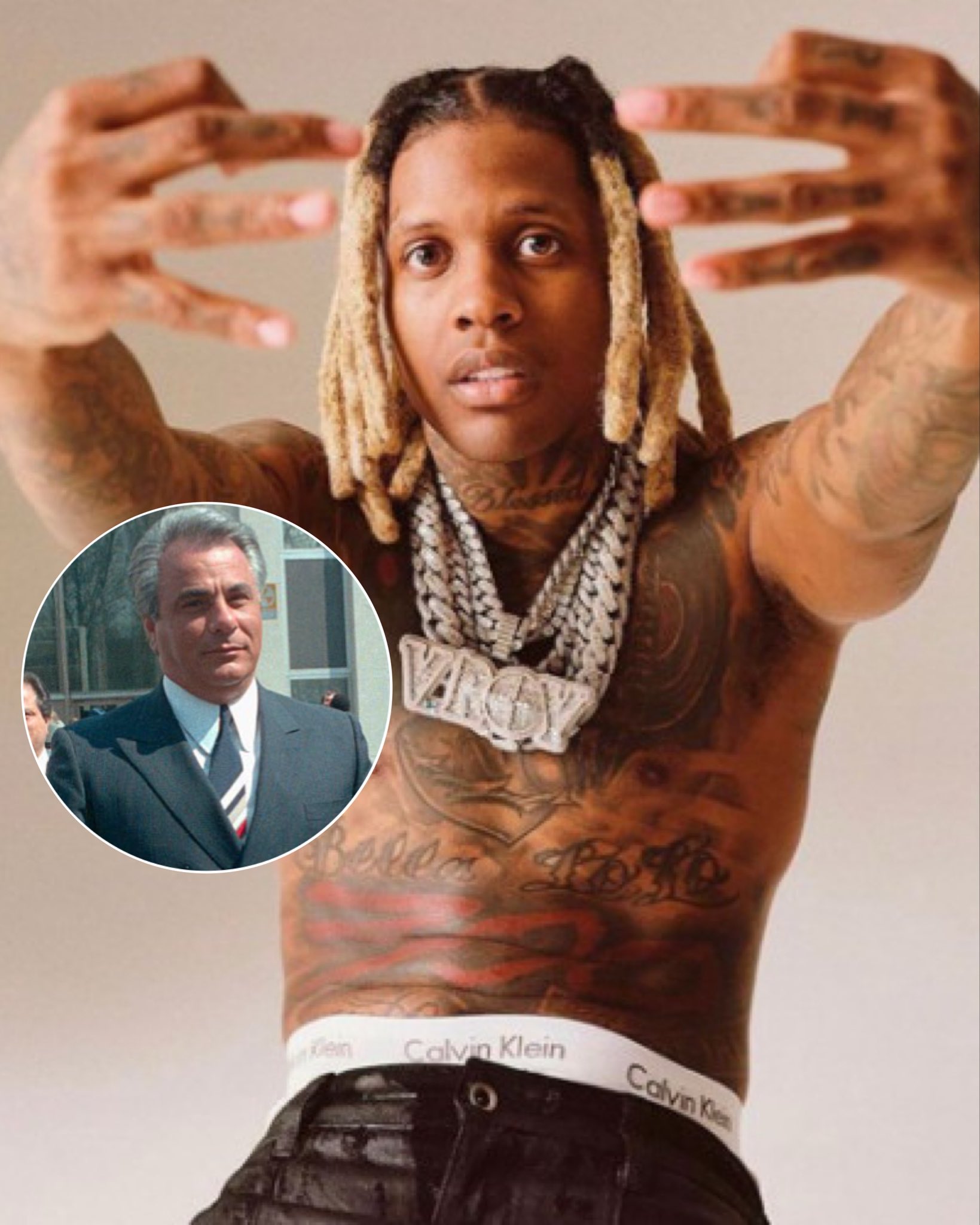
“They Don’t Hate You, They Hate the Hardship” – Yul Edochie Pens Emotional Message to President Tinubu Amid National Tension

In a time where the Nigerian atmosphere is thick with frustration, disillusionment, and rising tension over economic hardship and insecurity, Nollywood actor and political commentator Yul Edochie has addressed President Bola Ahmed Tinubu in a heartfelt public message that has stirred conversations across the country. In a carefully worded post shared on his social media platforms, Edochie attempted to reframe the prevailing anger of the people, urging the President not to mistake national dissatisfaction as personal hatred. His statement, though strikingly direct, also carried a tone of loyalty and hope, leaving Nigerians divided in reaction.
“To my dear President, His Excellency Bola Ahmed Tinubu GCFR,” Edochie began, tagging the President’s official handle, “Nigerians do not hate you. They hate the situation they find themselves in, which is the hardship and insecurity in the country.” The words hit home for many, echoing what the average Nigerian has whispered behind closed doors: a deep pain born not necessarily out of political opposition, but from lived realities that have become increasingly unbearable. The rising cost of food, fuel, housing, transportation, and the growing insecurity that plagues even the most ordinary aspects of daily life have eroded patience and optimism for millions.
Edochie’s message comes at a critical time. Just over a year since President Tinubu took office after a tightly contested and controversial election, the nation appears to be teetering on the edge. Inflation has soared. The naira, despite central bank reforms and currency redesign, remains unstable. Fuel subsidy removal—touted as a long-overdue economic correction—has made transportation and energy costs skyrocket. Many Nigerians, especially those in low-income and middle-class brackets, feel the weight of these decisions without yet seeing tangible benefits. Insecurity, ranging from kidnappings to communal clashes, still haunts cities, villages, and highways. With all this pressure, public trust in leadership continues to wane.
But Yul Edochie’s message, while recognizing these realities, also commended the President for strides in infrastructure and policy. “You have done so well in infrastructure and laid down some good policies,” he added, signaling that beneath the pain, there’s still space for acknowledgment and appreciation. He urged Tinubu to focus on two pressing national problems: insecurity and the high cost of living. “Tackle insecurity and high cost of living and you’ll write your name with gold in the hearts of Nigerians,” Edochie concluded, punctuating the message with a bold declaration of loyalty: “ASIWAJU BOY 100%.”
The reaction to his post was instantaneous and, as expected, polarizing. Some Nigerians praised the actor for being courageous enough to offer a balanced critique—a rare approach in an era of black-and-white political alignment. “Yul is speaking from a place of truth. We are not enemies of Tinubu, but this suffering must end,” one user commented under the viral post. Others, however, saw his message as an attempt to curry favor with the political elite, labeling him a “bootlicker” or questioning how someone from a position of privilege can speak for the common man.
But Edochie’s message isn’t without precedent. The actor has been known to dabble in politics and often expresses his views on national issues. A self-declared supporter of Tinubu during the last election cycle, he has carried the “Asiwaju Boy” badge with pride, even when it has drawn ridicule. That makes his recent post particularly notable: it suggests that even the staunchest supporters are beginning to feel the burden of national decline. His message wasn’t a break in loyalty but rather a public nudge to the President to rise above political games and deliver on the hopes many pinned on his tenure.
This moment is significant not just because of who said it, but because of what it reveals about the current temperature of the nation. Nigeria has always had a turbulent relationship with its leaders, often oscillating between hope and despair. But when trusted voices within a President’s support base begin to air their concerns openly, it may signal that the time for soft encouragement is over. The people are desperate for change, not rhetoric.
For President Tinubu, Edochie’s message might serve as both a warning and an opportunity. The warning is obvious: citizens are growing restless. The goodwill he rode into office with—buoyed by promises of reform, capacity, and bold leadership—is thinning. The economic hardship, job losses, and insecurity are not problems to be explained away by inherited governance issues. They are real, urgent, and they demand immediate action.
The opportunity lies in the fact that voices like Edochie’s still believe it is not too late. The President can still win hearts, not by grandstanding or media statements, but by decisive and humane governance. By curbing the inflation that has made basic survival a daily war. By securing rural and urban communities alike. By restoring the people’s belief that government can be more than a distant institution.
The truth is, Nigerians are not strangers to hardship. They have endured decades of economic yo-yos, military dictatorship, unstable democracies, fuel queues, power failures, and inflation. But what has kept them going is hope—the belief that tomorrow might be better. That hope is now flickering dangerously. The streets are not just angry; they are tired. Tired of waiting. Tired of believing. Tired of praying without action.
Yul Edochie’s message, while directed at the President, mirrors what many Nigerians have been shouting for months—only this time, it’s couched in diplomacy. It’s not hatred, Mr. President. It’s hunger. It’s fear. It’s the disappointment that one more administration may go by without the basic dignity of food, security, and a stable income being returned to the people. Your people don’t hate you, but every hike in diesel, every report of bandit attacks, and every parent unable to afford school fees for their child chips away at the affection you hope to earn.
So as the country watches, wonders, and waits, one thing becomes clear: This message from Yul Edochie is more than a personal note to power—it is a reflection of a nation’s cry. Whether President Tinubu will hear it, or respond meaningfully, remains to be seen. But time is running out, and history is always watching.


